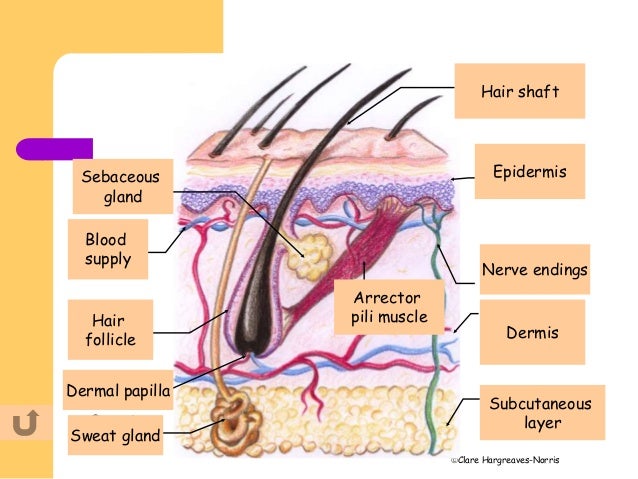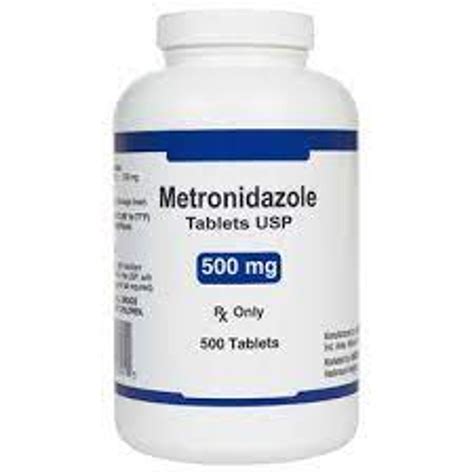Cough Medication: Soothe Your Throat Instantly
The quest for instant relief from a nagging cough has led to the development of various cough medications, each promising to soothe your throat and provide comfort. When it comes to selecting the most effective cough medication, it’s essential to understand the underlying causes of your cough and the different types of medications available.
Understanding Coughs: More Than Just a Reflex
A cough is not just a simple reflex; it’s a complex physiological response that involves the coordination of multiple neural pathways and muscle groups. Coughs can be categorized into two main types: dry (non-productive) and wet (productive). Dry coughs are often associated with irritants, such as smoke or dust, and can be a symptom of underlying conditions like asthma or chronic obstructive pulmonary disease (COPD). Wet coughs, on the other hand, produce mucus and can be a sign of infections like the common cold or pneumonia.
It's crucial to consult a healthcare professional if your cough persists or worsens over time, as it may be a sign of an underlying condition that requires medical attention.
Types of Cough Medications: A Comprehensive Overview
The market is flooded with various cough medications, each with its unique mechanism of action and potential side effects. The most common types of cough medications include:
- Expectorants: These medications help thin and loosen mucus, making it easier to cough up. Guaifenesin is a commonly used expectorant found in medications like Mucinex.
- Cough suppressants: Also known as antitussives, these medications work by blocking the cough reflex in the brain. Dextromethorphan is a widely used cough suppressant found in over-the-counter medications like Robitussin.
- Combination products: Many cough medications combine expectorants and cough suppressants to provide relief from both dry and wet coughs.
The Science Behind Cough Medications: How They Work
Cough medications work by targeting different aspects of the cough reflex. Expectorants, for example, increase the amount of water in the airways, thinning out mucus and making it easier to cough up. Cough suppressants, on the other hand, bind to receptors in the brain, reducing the urge to cough.
Step-by-Step Guide to Choosing the Right Cough Medication
- Identify the type of cough you have: dry or wet.
- Consider the underlying cause of your cough: irritants, infections, or underlying conditions.
- Choose a medication that targets your specific symptoms: expectorant, cough suppressant, or combination product.
- Always follow the recommended dosage and consult a healthcare professional if your symptoms persist or worsen.
Natural Alternatives: Soothing Your Throat Without Medication
While cough medications can provide quick relief, natural alternatives can be just as effective in soothing your throat. Some of the most popular natural alternatives include:
- Honey: Known for its antibacterial properties, honey can help soothe a sore throat and reduce cough frequency.
- Gargling with salt water: Rinsing your throat with warm salt water can help reduce inflammation and kill bacteria.
- Steam inhalation: Breathing in warm, moist air can help loosen mucus and reduce congestion.
Future Trends in Cough Medication: Personalized Relief
The future of cough medication looks promising, with researchers exploring new ways to provide personalized relief. Some of the emerging trends include:
- Genetic testing: Identifying genetic markers that predispose individuals to certain types of coughs can help develop targeted treatments.
- Nanotechnology: Using nanoparticles to deliver medications directly to the lungs can improve efficacy and reduce side effects.
- Digital therapeutics: Developing digital tools that use artificial intelligence to diagnose and treat coughs can provide more accurate diagnoses and personalized treatment plans.
What is the most effective type of cough medication?
+The most effective type of cough medication depends on the underlying cause of your cough. Expectorants are often recommended for wet coughs, while cough suppressants are better suited for dry coughs.
Can I take cough medication with other prescription medications?
+It's essential to consult a healthcare professional before taking cough medication with other prescription medications, as interactions can occur. Always disclose your medication list to your healthcare provider.
How long does it take for cough medication to start working?
+The time it takes for cough medication to start working varies depending on the type of medication and individual factors. Expect to start feeling relief within 30 minutes to an hour after taking the medication.
Conclusion: Finding the Right Balance
While cough medications can provide instant relief, it’s crucial to understand the underlying causes of your cough and choose the right medication for your symptoms. By considering natural alternatives, staying up-to-date with the latest research, and consulting a healthcare professional, you can find the perfect balance between relief and responsible medication use. Remember, a cough is not just a simple reflex; it’s a complex physiological response that requires a comprehensive approach to treatment.


